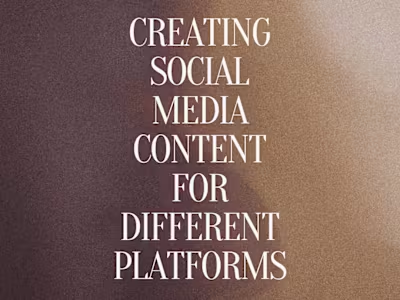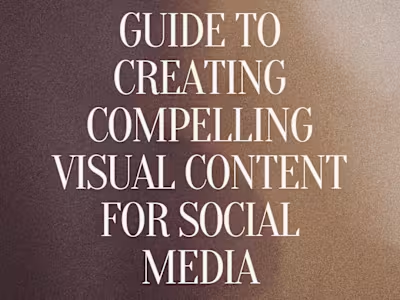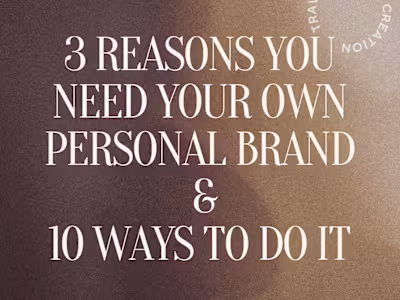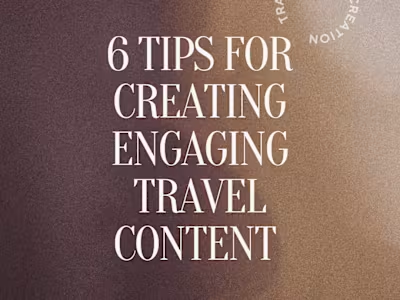HOW TO LAND BRAND COLLABORATIONS AS A TRAVEL CONTENT CREATOR
My top 10 tips on how to successfully start working with your dream brands
One of the most exciting and rewarding aspects of the job is
the opportunity to work with brands and tourism boards to create sponsored
content. Collaborating with these partners can not only help you monetize your
content but also provide unique opportunities to travel to new destinations and
create content that resonates with your audience. However, landing these
collaborations can be a challenge, and pitching yourself to brands and tourism
boards can be intimidating. In this article, we'll share our top tips for
pitching and landing collaborations as a travel content creator, so you can
start working with brands and tourism boards with confidence.
Build your brand and your audience
Before you can start pitching yourself to brands and tourism
boards, you need to build a strong personal brand and a loyal following. This
means creating high-quality content that resonates with your target audience
and staying active on social media and other online platforms. Consistency is
key here – make sure you're posting regularly and engaging with your audience
to build a loyal following. Once you've established your personal brand and
your audience, you'll be better positioned to pitch yourself to potential
partners.
Research potential partners
Once you've built your brand and your audience, it's time to
start researching potential partners. Look for brands and tourism boards that
align with your personal brand and your niche. For example, if you specialize
in adventure travel, look for partners that offer adventure travel experiences
or gear. Take the time to research these potential partners thoroughly – look
at their website, social media channels, and other online presence to get a
sense of their brand and their target audience.
Create a pitch deck or portfolio website
A pitch deck is a visual representation of your brand and
your content, and it's a great tool to use when pitching yourself to potential
partners. Your pitch deck should include your bio, your brand story, your
content focus, your audience demographics, and examples of your best content.
Make sure your pitch deck is visually appealing and easy to read, and that it
showcases your unique value proposition as a travel content creator. If you
choose to make a portfolio website make sure that you are keeping it up to date
with your most recent work. This gives the brands you pitch to a better idea of
what you con provide them as a creator and how you stand out amongst the rest
of the creators in the industry. A portfolio website should not contain your
audience statistics, rather you should add this into a professional email where
you will then include your offerings and a link to your portfolio website for
them to see examples of your work.
Here is my portfolio website for those interested in getting some inspiration for their own. You will also be able to see some of the work I completed for hotels and tourism boards here to get a better idea of what some finalized products will look like
Reach out to potential partners
Once you have your pitch deck or portfolio website and email
template ready, it's time to start reaching out to potential partners. Start by
sending a brief email introducing yourself and your brand, and asking if the
partner would be interested in collaborating with you. Be sure to mention why
you think your brand would be a good fit for their brand, and attach your pitch
deck or portfolio website to the email. If you don't hear back within a few
days, follow up with a friendly reminder email. Don’t be shy with the follow
ups. In most cases I have gotten collaborations with hotels when I have
followed up 2 or more times.
Be open to different types of collaborations
When it comes to collaborating with brands and tourism
boards, there are many different types of partnerships you can explore. Some
partners may be interested in sponsored blog posts or social media campaigns,
while others may want to work with you to create videos or other types of
content. Be open to exploring different types of collaborations, and don't be
afraid to suggest ideas of your own. The more flexible and creative you are,
the more opportunities you'll have to work with potential partners.
Be professional and responsive
When you're working with brands and tourism boards, it's
important to be professional and responsive at all times. This means responding
to emails and messages in a timely manner, meeting deadlines, and delivering
high-quality content that meets the partner's expectations. Make sure you're
clear about your deliverables and your timeline from the outset, and keep the
partner informed of your progress throughout the collaboration.
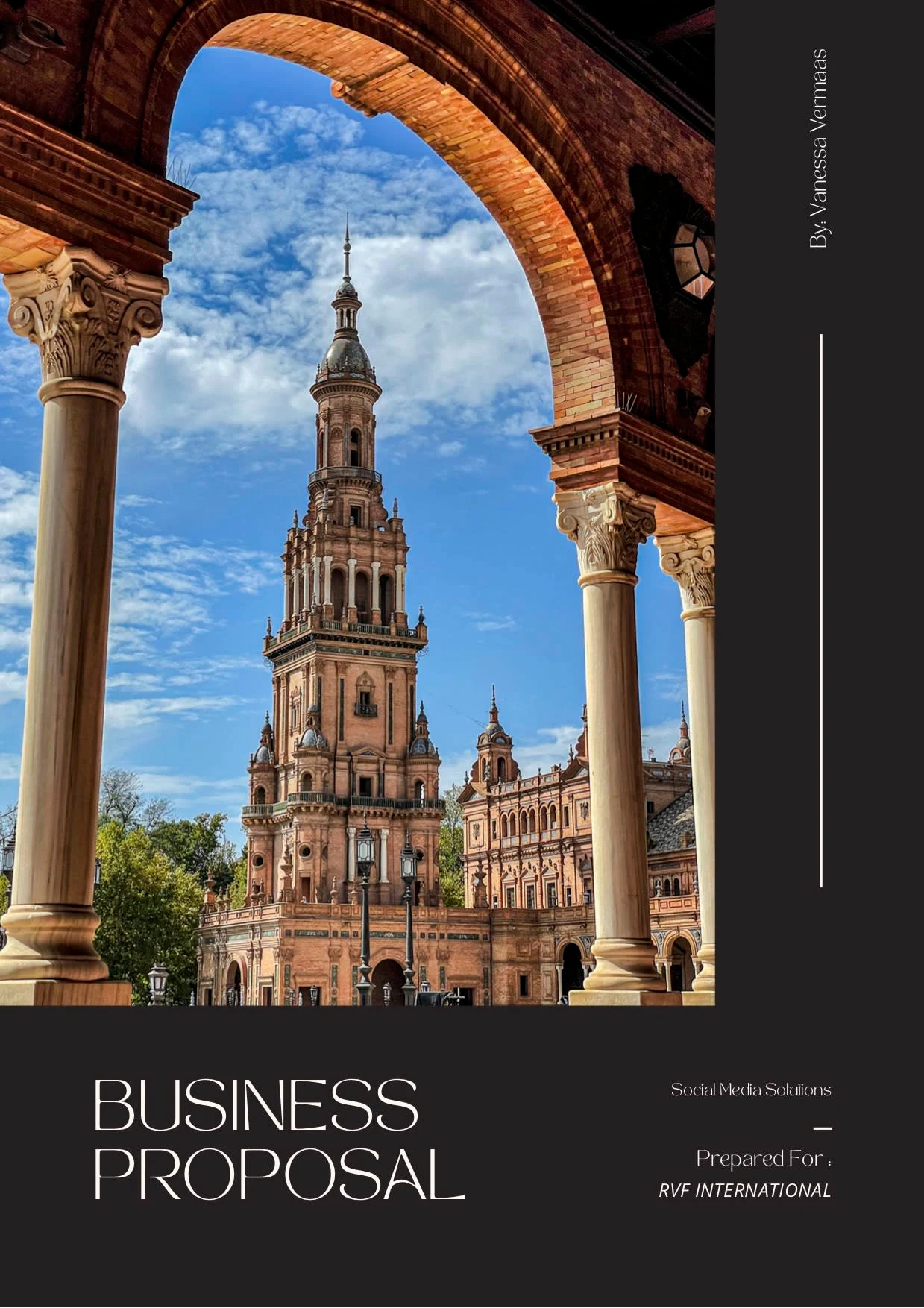
Reaching out to brands I have already worked for was how I got started. When I was working at the Banff Springs Luxury Hotel in Canada I got a collaboration and that opened my eyes to the possibility of then working for the company I worked for when I moved to Spain to teach english. From there I gained confidence and was able to reach out to a variety of other companies and hotels and ever since I have had many more success stories!
Follow up and maintain relationships
Finally, don't forget to follow up with your partners after
the collaboration is over. Thank them for the opportunity to work together, and
ask if they would be interested in collaborating with you again in the future.
Maintaining these relationships can lead to future collaborations and long-term
partnerships that can help you build your brand and your income as a travel
content creator.
Be authentic and true to your brand
As a travel content creator, it's important to stay true to
your brand and your values, even when working with partners. Don't compromise
your authenticity or your integrity for the sake of a collaboration or a
paycheque. Make sure the brands and tourism boards you work with align with your
values and your niche, and that any sponsored content you create feels
authentic and true to your personal brand.
Be open to negotiation
When it comes to sponsored content collaborations, there may
be some room for negotiation. Don't be afraid to ask for what you think is fair
in terms of compensation, deliverables, and timeline. Be willing to compromise
and find a solution that works for both you and the partner.
Always be learning
Finally, as a travel content creator, it's important to
always be learning and growing. Attend industry events, take online courses,
and network with other travel content creators and industry professionals. The
more you know about the travel industry and the world of content creation, the
better equipped you'll be to pitch yourself to potential partners and create
high-quality content that resonates with your audience.
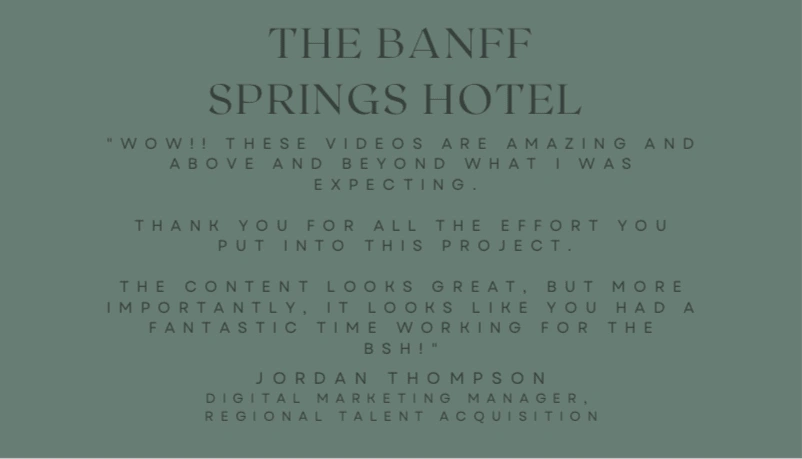
Maintaining a relationship with the Fairmont Banff Springs team has opened more doors for me than I could have ever imagined. If it weren't for my ability to negotiate I most likely would have accepted something much less than what I had deserved and not been able to maintain this connection. Thus having a solid understanding of your value and what you can bring to the table for these brand is incredibly crucial.
In conclusion, landing collaborations with brands and
tourism boards as a travel content creator can be a great way to monetize your
content and travel to new destinations. By building your personal brand and
your audience, researching potential partners, creating a pitch deck, reaching
out to potential partners, being professional and responsive, and maintaining
relationships, you can increase your chances of landing these collaborations.
Remember to stay true to your personal brand and your values, be open to
negotiation, and always be learning and growing. With these tips in mind,
you'll be well on your way to building a successful career as a travel content
creator.
Thanks for reading!
See you next week with more travel content creator insights and tips!
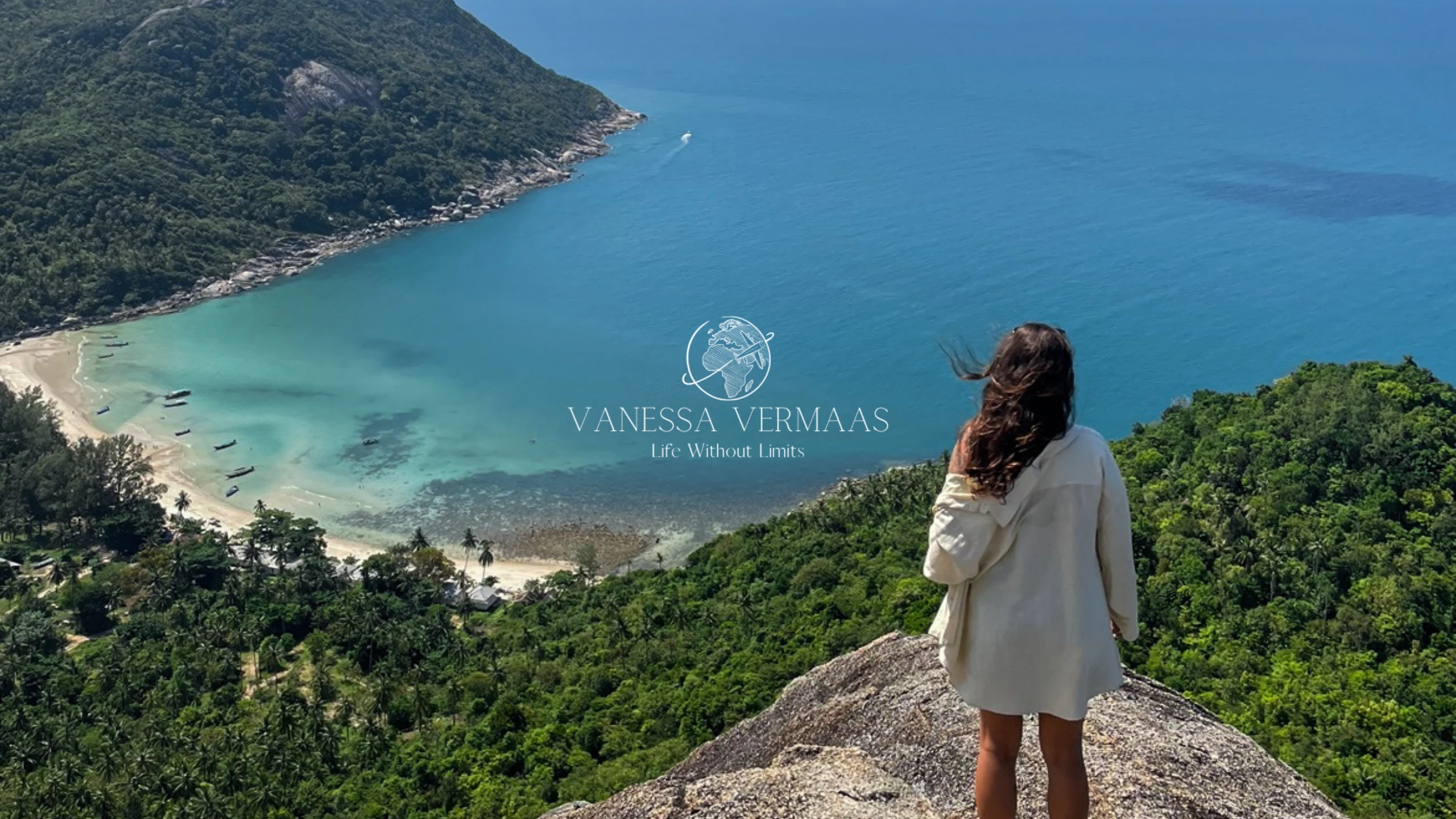
Like this project
Posted May 22, 2023
Everything you need to know about working with Hotels and Tourism Boards and everything you should have prepared before you start pitching!
Likes
0
Views
18


